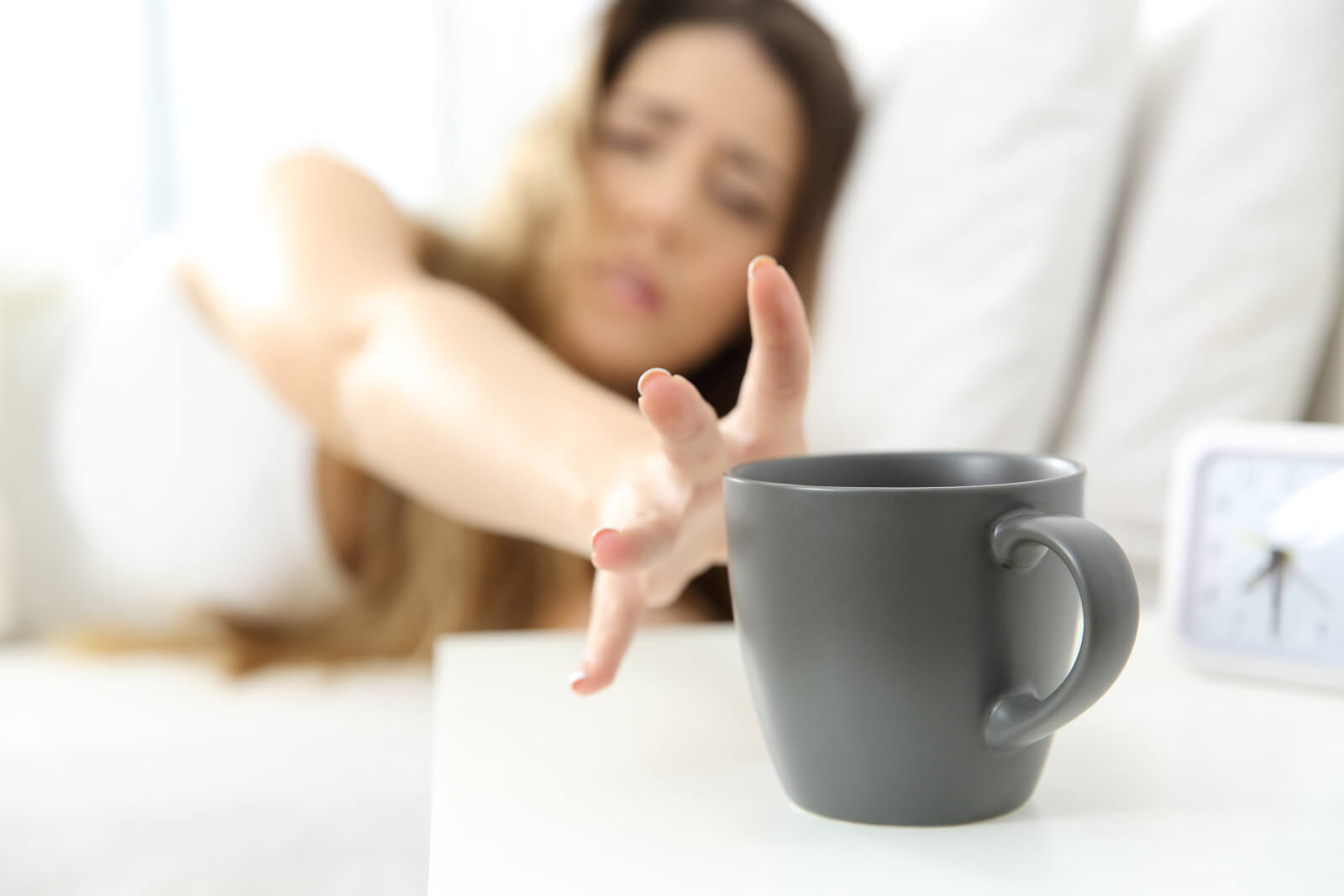The 7-Second Trick For Why Avoid Caffeine in Addiction Recovery - Ranch Creek


Am I Addicted To Caffeine - Signs Of Caffeine Addiction
8 Simple Techniques For RA's Twelve Step Caffeine Addiction Recovery Program
Taking in up to 400 mg or 4 cups of coffee does not cause problems for most people. But, caffeine impacts individuals in a different way, depending on their size, gender and level of sensitivity to it. If you're delicate to caffeine, even moderate amounts can cause sleeping disorders (problem sleeping), rapid heart rate, anxiety and sensations of uneasyness.
What are the symptoms of having excessive caffeine? Symptoms of having too much caffeine might include: Headache, nervousness, dizziness. Having "the jitters" or feeling unstable. Insomnia or sleep that is "on and off" throughout the night. Racing heart or irregular heartbeat. Boost in high blood pressure. Dehydration. Who should avoid caffeine? It's not safe for everybody to have caffeine in their diet.
You may desire to avoid caffeine if you: Have any sleep disorder, like insomnia. Have ulcers or GERD. Are This Piece Covers It Well . Are breastfeeding. Have migraines or persistent headaches. Have hypertension. Take particular stimulants, prescription antibiotics, asthma medications and heart medicines. These medications can have interactions with caffeine. Are a kid or teenager.
Not known Incorrect Statements About caffeine addiction - Pinterest

Have a fast or irregular heartbeat. Is caffeine addictive? Numerous individuals develop a tolerance for caffeine. This means that your body changes and gets utilized to having caffeine every day. With time, you might find that you should keep increasing your caffeine consumption to attain the preferred results of awareness and capability to focus.

10 Effective Tips to Beat Your Caffeine Addiction - Top 10 Home Remedies
It raises dopamine, however the level is small. Prohibited stimulants like methamphetamine ("meth") and MDMA ("ecstasy" or "molly") cause a substantial rise that messes with the benefit circuits in your brain. You get "addicted" to ecstasy, and "dependent" on caffeine. For how long does caffeine last in the human body? The effects of caffeine can be felt as quickly as 15 minutes after it is taken in.
